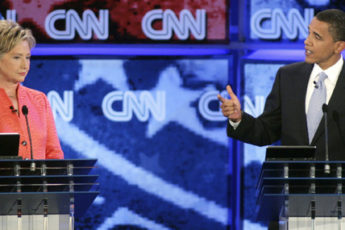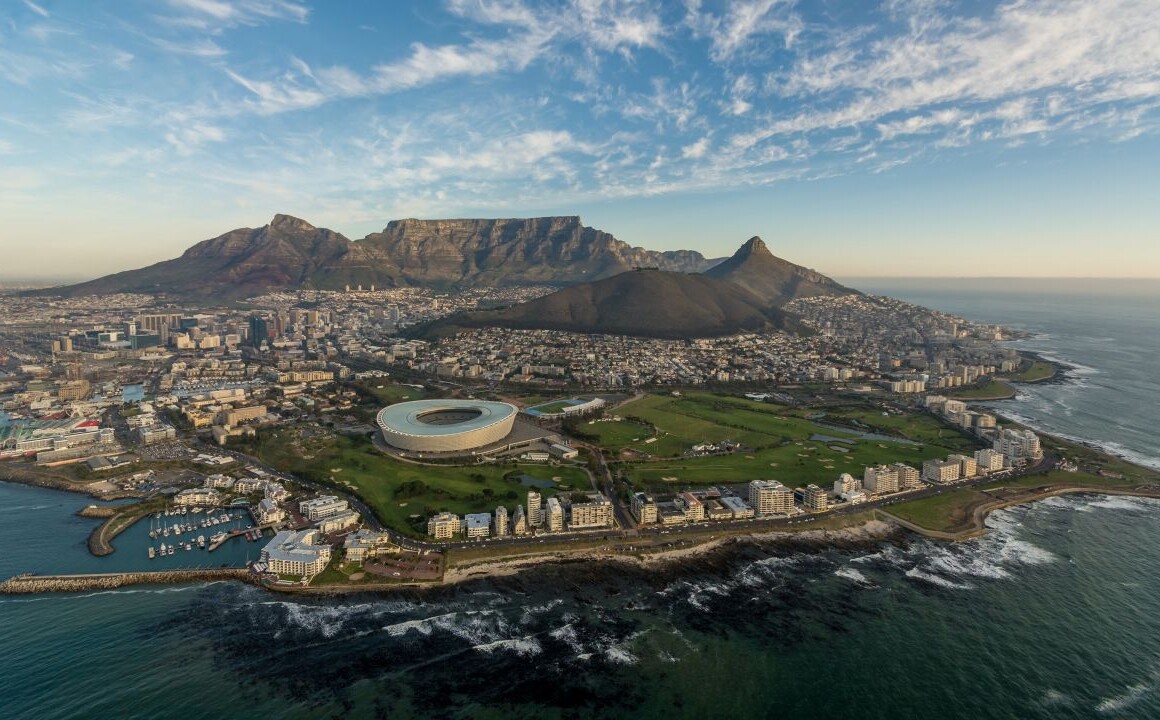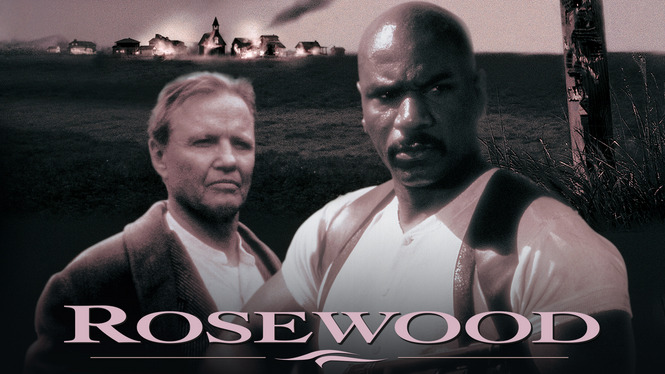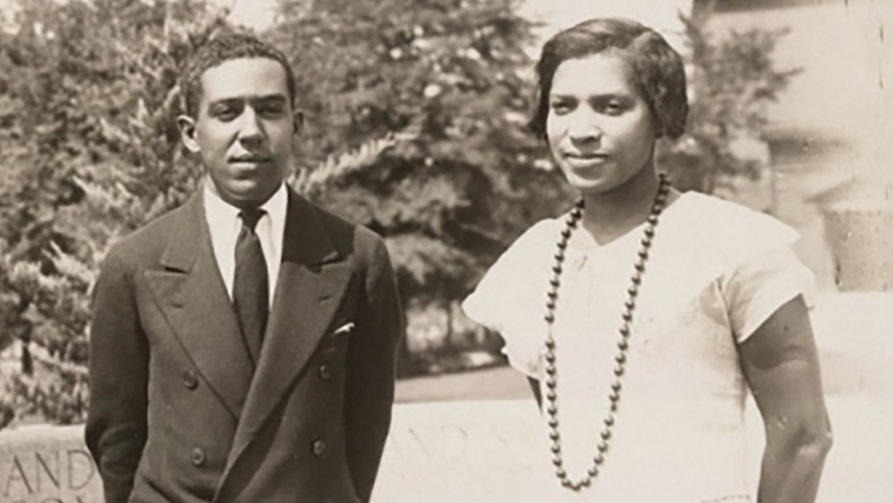Togo is an example of a failed neo-colonial nation-state that had the natural course of political development had occurred would likely be no state at all.
Togo formed part of the Slave Coast where Europeans enslaved millions to force labor in the Western hemisphere. The tiny nation of 5 million was colonized by Germany and later controlled by Britain and France after World War I, the western part became part of Ghana after independence and the eastern became the nation of Togo in 1960. After overthrowing the elected President of Togo Gnassingbe Eyadema seized power. Eyadema was recently “re-elected” through an election widely recognized as being rigged. He ruled until he died in office. The military soon installed his son as the new leader of Togo although the Togo constitution called for the parliament speaker to become President.
Pressure form the Economic Community of West African States (ECOWAS), The African Union and mass protest in the streets of Lome led to the newly installed President to step down and elections are set for next month. The crisis in Togo is emblematic of a nation whose foundation is rooted in European slavery, colonialism and neo-colonialism. Togo is a nation that exists merely on paper and whose ethnic groups are primarily Ghanaian. Togo is a poor country that will likely remain poor because it competes with its larger neighbors in producing the same goods. Its currency is neo-colonially tied to France as well as its national language.
The idea of Togo is a fiction of European creation. Togo should probably not exist at all as a nation-state and should be subsumed by its neighbors Ghana and Nigeria. ECOWAS should move toward consolidation of West African political power and ultimately move toward a West African Union. West Africa particularly has a history of centralized political government; the empires of Mali, Songhai and Ghana reigned supreme over the region before the onset of the European. A strong West Africa political union will strengthen the economies of the region put an end to regional border conflicts and would be in a better position to suppress civil conflict within member states.









